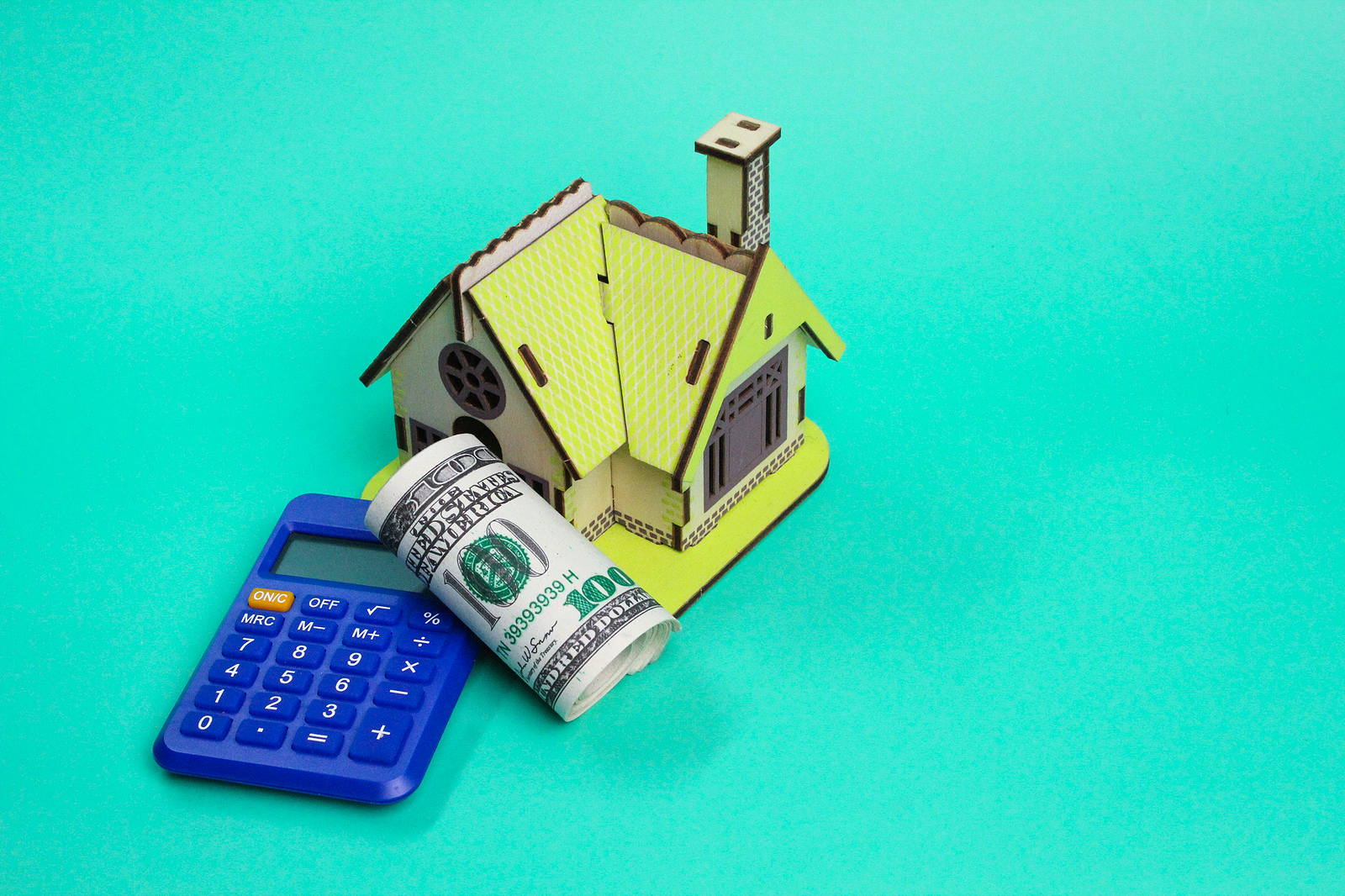Those first tentative thoughts about selling your home will invariably bring on a rush of questions: What should I do? Where do I start?
Many homeowners are under the misconception that the call to the real estate company comes first. While that’s an important part of the process, there are three baby steps you need to take before hiring an agent.
These steps arm you with the information both you and your agent need to intelligently set a price for your home.
1. Find your loan documents
If you’ve lived in the home for a long time you may not remember the conditions under which you took out the original loan. Take a look at the papers to determine:
- Who is on the title other than yourself?
- Is there a loan pre-payment penalty?
- Is the loan assumable?
- What is the loan balance? You may need to contact the mortgage company to get the payoff amount.
- Is there a second mortgage or a line of credit that also needs to be paid off? If so, what is the balance?
All of these items are important for different reasons. If someone else is on title with you, that person will need to sign all the documents involved in the sale of the home.
If the person is deceased, you’ll need to take steps to have him or her removed from the title before you sell. The best way to do this is through a lawyer.
It’s important to understand as well if there is a pre-payment penalty on your mortgage and the terms of the penalty. Some lenders don’t require payment of the penalty if you sell your home, others require its payment regardless of why you are paying the loan off early.
Finally, figure out how much you still owe on the home, including any second mortgage.
This helps you determine the amount you need to realize from the sale to pay off the lender and to move on with your life, whatever your plans may be.
2. Take stock of the condition of the home
Take a critical look at the home’s current condition. Will you try to sell it as-is or are there items that you will repair or replace?
Consider as well that the more run-down the home appears, the less likely it is you’ll get top dollar for it and the longer it will remain on the market.
Finally, be aware that some repairs are mandatory, either by the lender or the buyers’ homeowners insurance company. These typically include anything that impacts the inhabitants health and safety. These include (but aren’t limited to):
- Leaky roof
- Pest infestations
- Exposed wiring
- Major plumbing issues
- Kitchen appliances in need of repair or replacement
- Inoperable HVAC system
- Defective (wobbly, etc.) stairway bannisters
- Rotting wood
3. Get a ballpark figure on a sale price
Yes, this is something your real estate agent will help you with, but having a ballpark figure helps you determine if you’ll need to perform a short sale or a traditional sale and how much money you can expect to walk away with at the end of the deal.
If you’re planning on purchasing another home, knowing the latter is crucial.
We are happy to offer a no-cost, no-obligation assessment of the current market value of your home.
Armed with this information, it’s time to interview real estate agents and get on the road to the sale of your home.





